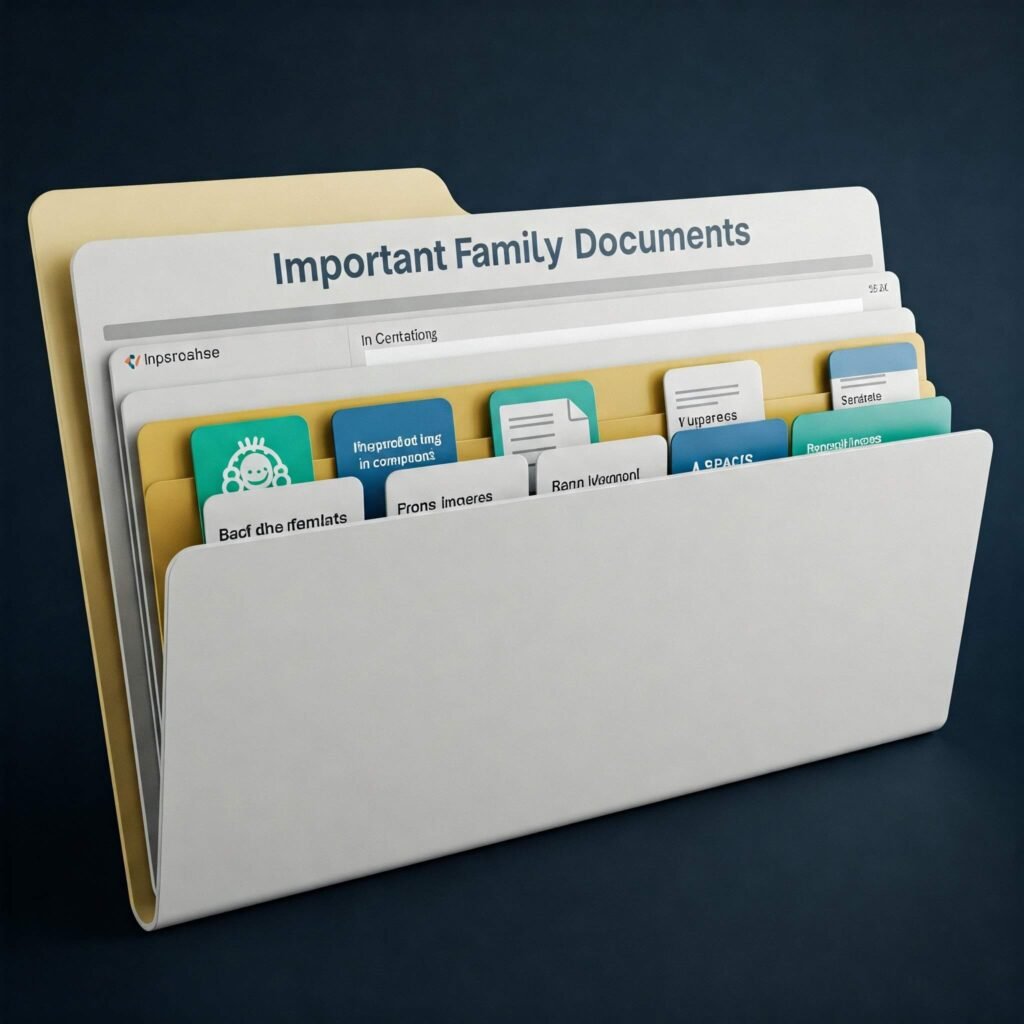As life unfolds, the desire to protect and provide for our loved ones becomes a paramount concern. Legacy planning isn’t just about distributing assets after you’re gone; it’s a comprehensive process of making informed decisions now to ensure your family’s future security and well-being. It’s about leaving a lasting positive impact and providing peace of mind for those you cherish most. This guide will walk you through essential legacy planning tips to safeguard your family’s tomorrow.

Why is Legacy Planning Crucial for Your Family’s Future?
Many people mistakenly believe that legacy planning is only for the wealthy or the elderly. However, this couldn’t be further from the truth. Regardless of your net worth or age, having a solid legacy planning strategy in place offers numerous benefits:
- Provides Financial Security: Ensures your family is financially protected and can maintain their standard of living.
- Minimizes Legal Hassle: Streamlines the process of asset distribution, reducing stress and potential disputes among family members.
- Offers Peace of Mind: Knowing your affairs are in order brings immense comfort and allows you to focus on the present.
- Expresses Your Wishes: Clearly outlines how you want your assets distributed and other important decisions carried out.
- Reduces Tax Burden: Strategic legacy planning can help minimize estate taxes, preserving more of your wealth for your beneficiaries.

Key Legacy Planning Tips to Secure Your Family’s Future
Implementing a robust legacy planning strategy involves several crucial steps. Here are actionable tips to get you started:
1. Create a Comprehensive Will or Trust
A cornerstone of legacy planning is having a legally sound will or trust.
- Will: A legal document that outlines how your assets will be distributed after your passing. It also allows you to nominate guardians for minor children.
- Trust: A legal arrangement where a trustee holds and manages assets for the benefit of your beneficiaries. Trusts can offer greater control, privacy, and potential tax advantages compared to a will.
It’s essential to consult with an experienced estate planning attorney to determine which option best suits your individual circumstances and family needs. They can help you navigate complex legal requirements and ensure your documents are legally binding.
2. Designate Beneficiaries Clearly
Clearly naming beneficiaries for all your assets, including life insurance policies, retirement accounts, and investment portfolios, is a vital part of legacy planning. Ensure the information is up-to-date and accurate. Contingent beneficiaries should also be named in case your primary beneficiary predeceases you.
3. Plan for Healthcare Decisions
Legacy planning extends beyond financial assets to include your healthcare wishes.
- Living Will (Advance Healthcare Directive): This document outlines your preferences for medical treatment if you become incapacitated and unable to make decisions for yourself.
- Healthcare Power of Attorney: This designates someone you trust to make healthcare decisions on your behalf if you are unable to do so.
Having these documents in place ensures your medical wishes are respected and alleviates difficult decisions for your family during a challenging time.
4. Organize Your Financial Information
Make it easy for your family to manage your affairs by organizing all your important financial documents in one accessible place. This includes:
- Bank and investment account statements
- Insurance policies (life, health, home, auto)
- Retirement account information
- Property deeds and mortgage details
- Tax returns
- Contact information for financial advisors and other important professionals

5. Consider Life Insurance
Life insurance can play a crucial role in legacy planning, providing financial support to your family upon your passing. It can help cover living expenses, outstanding debts, education costs, and more. The amount of coverage you need will depend on your family’s financial situation and future needs.
6. Plan for Estate Taxes (If Applicable)
Depending on the size of your estate, estate taxes may be a concern. Strategic legacy planning can help minimize this burden through various legal and financial tools. Consult with a tax advisor or estate planning attorney to explore options such as trusts and gifting strategies.
7. Communicate Your Plans with Your Family
Open communication is key to effective legacy planning. Discuss your wishes and plans with your family members. This can help avoid misunderstandings, address concerns, and ensure everyone is aware of your intentions.
8. Review and Update Your Plan Regularly
Life circumstances change, so your legacy planning documents should be reviewed and updated periodically. Significant life events such as marriage, divorce, birth of children, or changes in financial status warrant a review of your will, trust, and beneficiary designations. Aim to review your plan at least every few years or after any major life event.
Outbound Reference Links
- Internal Revenue Service (IRS) – Estate Tax
- National Association of Estate Planners & Councils (NAEPC)
- American Bar Association – Estate Planning
By taking proactive steps in legacy planning, you are not just preparing for the inevitable; you are actively shaping a secure and stable future for your family. Start the conversation today and take control of your legacy.







































